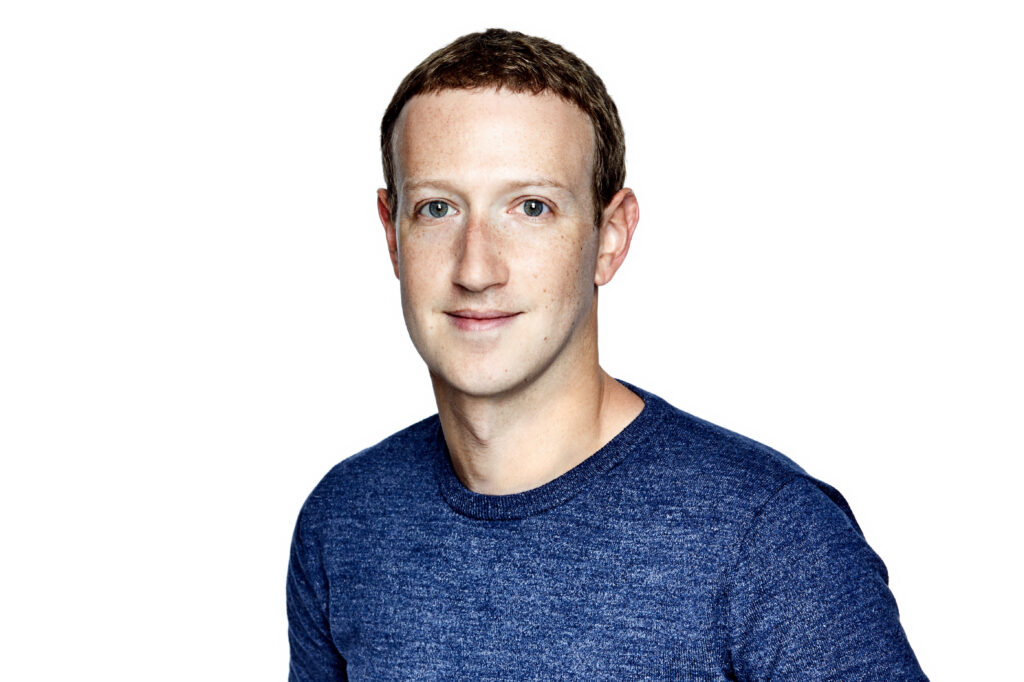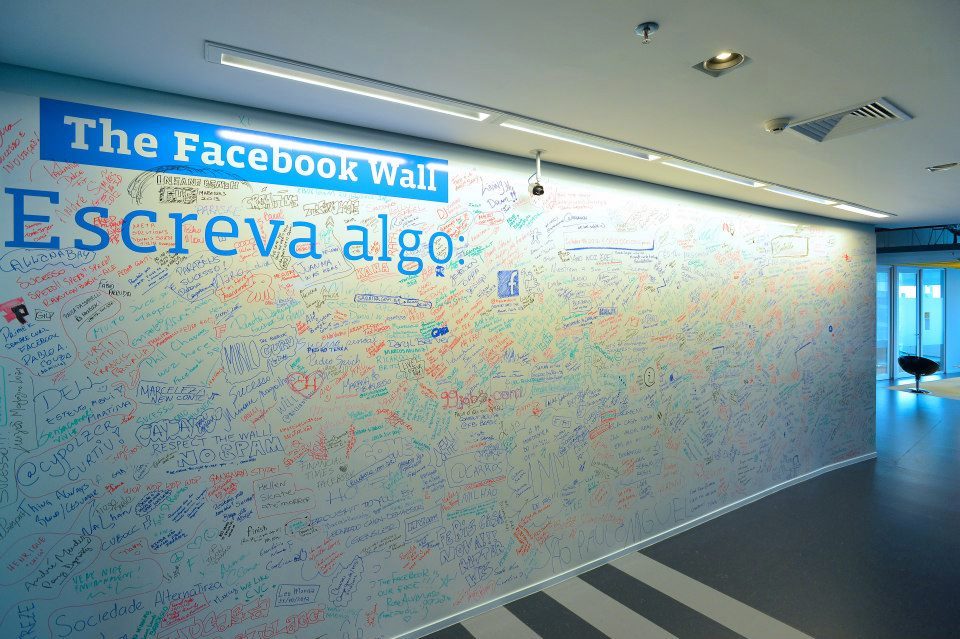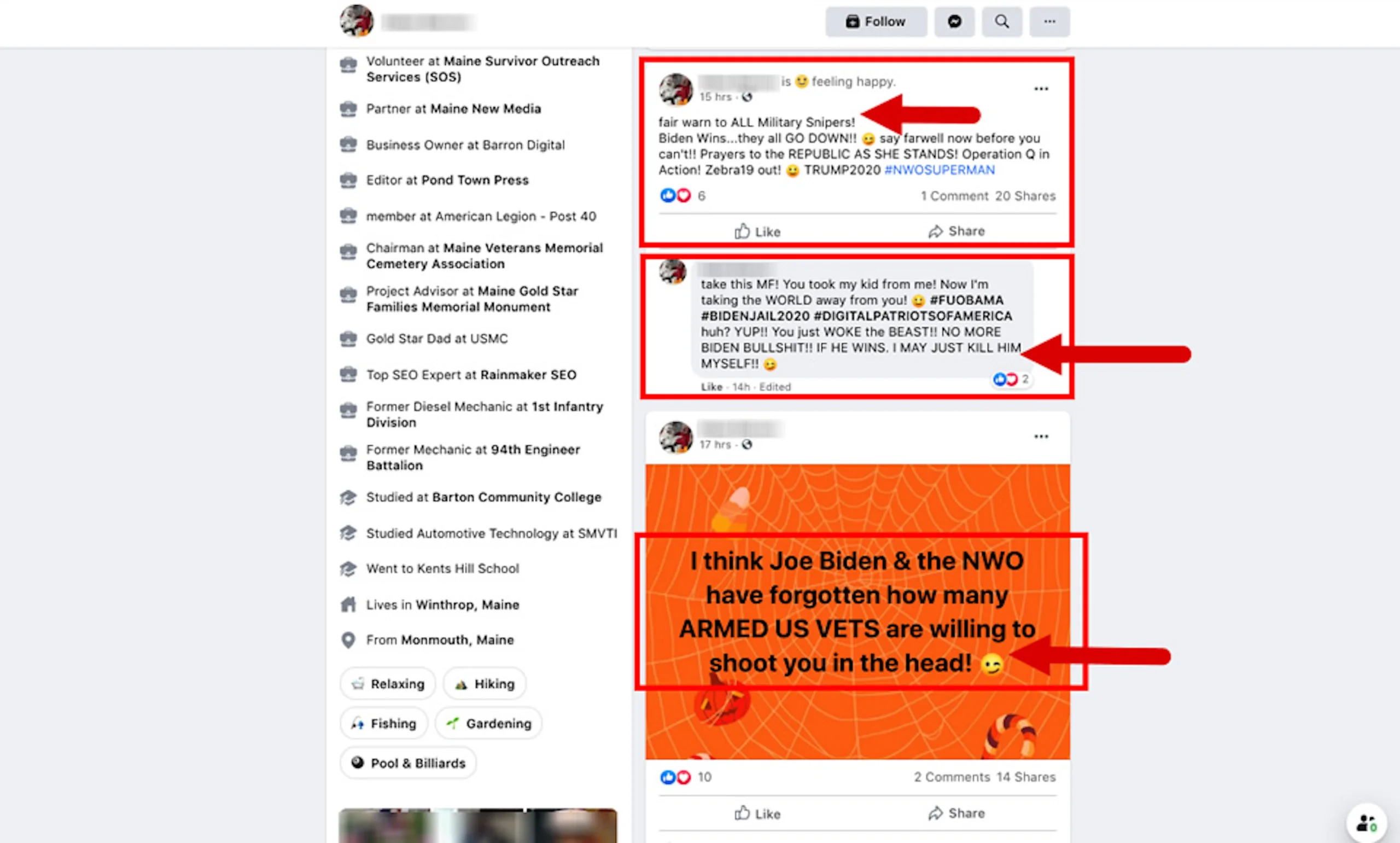20 years of Facebook, merits and many flaws of a colossus immune to crisis
20 years of Facebook have changed the world like few other digital revolutions. Mark Elliott Zuckerberg’s intuition in creating a site in two weeks to facilitate meetings and acquaintance among Harvard students is an example of conduct outside the box in retrospect. It was February 2004; Facebook had recently been launched, and, conversing with his friend, it was then 19-year-old creator who confided the formula for having managed to get 4 thousand emails, pictures and addresses in a short time.
The backstory only became known in 2010, and what was surprising was how easily we all continued to trust Zuckerberg. Good at growing his creature and even more his fortune, managing to bundle Facebook, Instagram and WhatsApp (as well as Oculus). A network of platforms that has allowed him to get his hands on the personal information of nearly 4 billion people and build a $170 billion fortune, which currently ranks him fourth on Bloomberg’s list of the world’s richest people. Looking at the figures, there is nothing but congratulations to a young entrepreneur capable of constantly improving himself. If we look instead at the way these numbers have grown over time, then the consideration of the character changes dramatically.
A tool that has changed the way we interact
Being able to rely on a platform that connects us with old friends and loved ones who live far away immediately seemed like a great solution. As well as the possibility of making new acquaintances, commenting on the thoughts spread by others and appreciating with the like, which has become the symbol of social media. Much more significant is the ability to leverage a medium popular in every part of the globe to raise awareness of realities in need, as social media demonstrated during the Arab Springs, offering a valuable shore to shine a spotlight on the misdeeds carried out by tyrants against people deprived of basic human rights.
An important aspect but not sought after by Zuckerberg, who had other goals in mind: “My goal has never been to make Facebook cool. I am not a cool perso,n and I have never tried to be one.” Right, because the guy was interested in making money, growing by leaps and bounds, and creating an empire, not just a financial one. Challenge overcame, despite the many criticisms rained down on him for his distorted management of Facebook and even more so of Instagram, which he acquired in 2012 for $1 billion (the hit of a lifetime for Zuck).


The priority is to make money, even with misinformation
Making money has always been the main mantra of the journey, centred early and maintained with Facebook’s unabated user growth, except for a small and brief reversal recorded in late 2021. With this base growing to more than 2 billion monthly active users, Facebook (and then Meta) has become an alternative advertising powerhouse to Google by winning the favour of advertisers. In recent weeks, the company announced revenues of more than $40 billion for the last quarter of 2023, with about $14 billion in profit. A large part of this revenue comes from politics, with all parties realizing the power of a tool that can optimize propaganda and influence voting. The examples are countless, and the pinnacle was the U.S. presidential election that decreed the success of Donald Trump.
20 years of Facebook
The invasion of politics, however, was also the moment that sanctioned the descent of Facebook, which quickly became a land of conquest for disinformers skilled in packaging fake news. A role was later shared with YouTube and especially Twitter/X in Elon Musk’s new version. Facebook’s inability to control and curb the spread of fake news and conspiracy theories proved to be a crucial aspect in organizing the assault on Capitol Hill. The far-fetched conceptions previously prevalent on smaller platforms, such as 4chan, found fertile ground on Facebook, becoming increasingly violent after Joe Biden’s victory over Trump, with the belief of rigged elections resulting in the incitements to assault the U.S. government headquarters also bounced back on Zuckerberg’s platform. Demonstrating Facebook’s unpreparedness were investigations by the Tech Transparency Project and CNN.


Despite scandals, Facebook is still on top
Breaking Facebook’s supposed neutrality, however, was another event, the biggest scandal that spelt the end of social networks as transparent spaces devoted to the free flow of ideas. It was Cambridge Analytica, which, through a seemingly innocuous quiz, allowed the company to obtain a huge amount of personal information about users and their friends, unaware of an operation that never required their consent. To make matters worse was the sale of part of the data (illegal, as it was against the platform’s policy) to Cambridge Analytica, a political consulting agency conceived by Steve Bannon, who later became popular as an adviser to the U.S. President Donald Trump.
As is often the case with big tech, repeated penalties for misconduct raised by regulators have served little or no purpose. Paying a few billion dollars is a well-received scotch for those who make hundreds, thanks partly to shrewd or, on more than one occasion, totally unscrupulous management. As much as Zuckerberg’s critics have demonstrated the harms of user profiling and the constant changes in algorithms to manipulate information and predict users’ reactions, after 20 years, Facebook remains the world’s most popular social network, if not the favourite of the youngest. Despite the costly flop of the Metaverse and the drifts of Instagram on the minds of the very young, a giant that seems immune to the crisis led to believe in the perfection of a world that does not exist outside of digital illusions.



